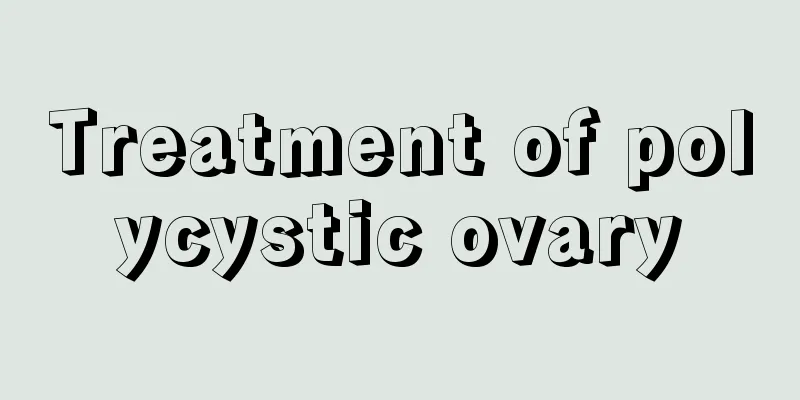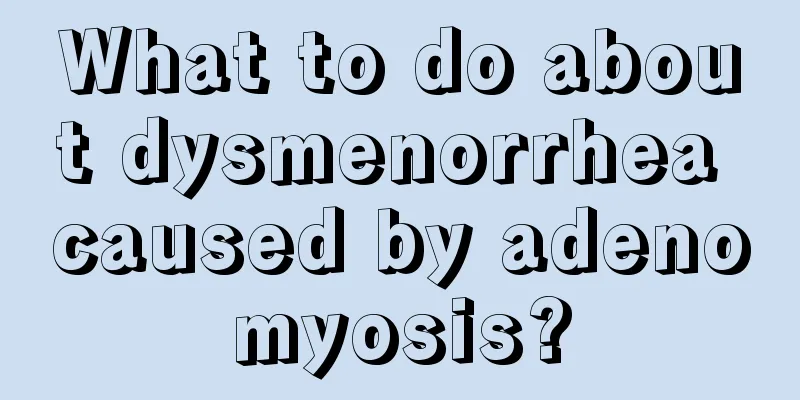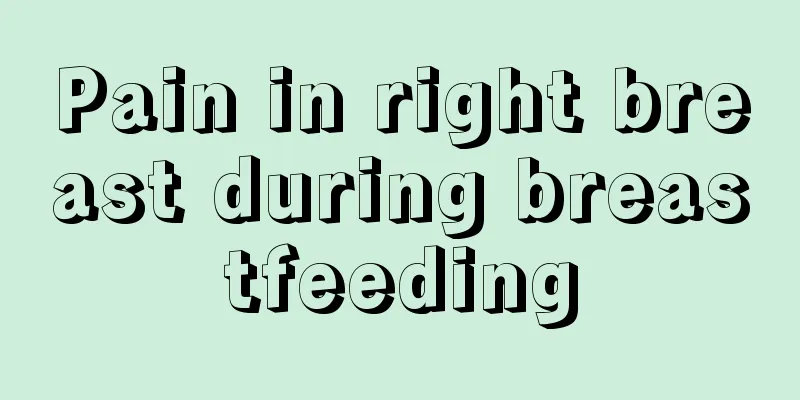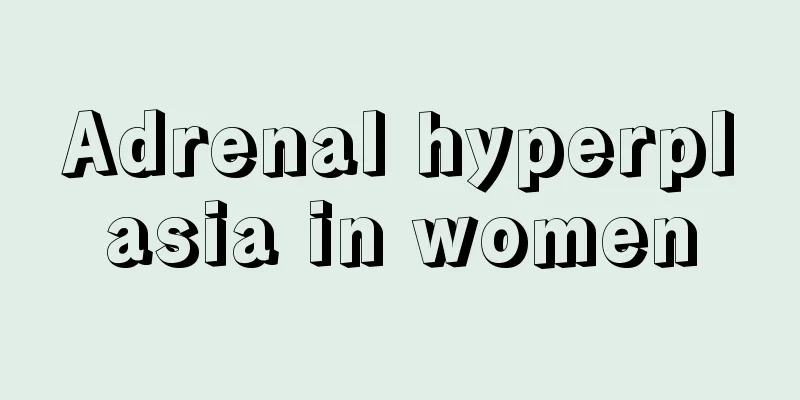Treatment of polycystic ovary

|
Polycystic ovary is actually a disease caused by endocrine metabolic abnormalities after women give birth. After becoming ill, patients will experience symptoms such as irregular menstruation and infertility. For the treatment of polycystic ovary, medication is actually enough. The doctor will prescribe medication based on the patient's fertility requirements. Of course, if the condition is very serious, patients can also choose surgery and other treatment methods. Polycystic ovary syndrome (PCOS) is a common disease caused by complex endocrine and metabolic abnormalities in women of childbearing age. It is characterized by chronic anovulation (ovulation dysfunction or loss) and hyperandrogenism (excess production of male hormones in women). The main clinical manifestations are irregular menstrual cycles, infertility, hirsutism and/or acne. It is the most common female endocrine disease. 1. Medication Currently, drug treatment for PCOS has replaced surgical treatment as the first-line treatment method, and the purpose of treatment is mainly related to the patient's fertility requirements. (1) Drug treatment to reduce hyperandrogenism 1) Oral contraceptive pills (OCPs) have been used as a traditional long-term treatment for women with PCOS, mainly to protect the endometrium, adjust the menstrual cycle, and improve hirsutism and/or acne by reducing androgen production in the ovaries. 2) Glucocorticoids are used to treat hyperandrogenism caused by excessive adrenal androgen synthesis. Dexamethasone and prednisone are more effective because they have a greater affinity for receptors and can inhibit pituitary ACTH secretion, thereby reducing ACTH-dependent adrenal androgen secretion. With long-term use, be aware of the possibility of hypothalamic-pituitary-adrenal axis suppression. 3) Spironolactone is an aldosterone analogue, and its effectiveness in enzyme inhibition is similar to that of cyproterone acetate, so the two treatments have similar effects. At the same time, it has an anti-androgen effect. Its mechanism of action for treating hyperandrogenism is to competitively bind to androgen receptors, and to competitively bind to receptors with dihydrotestosterone (DHT) in peripheral tissues, inhibiting 17α hydroxylase and reducing T and A. 4) Flutamide is a steroid compound that is a potent and highly specific non-steroidal antiandrogen. It has no intrinsic hormone or anti-gonadotropin effect and cannot reduce steroid synthesis, but it inhibits the androgen effect through receptor binding. |
<<: Green discharge from female vagina
>>: What to do if pregnant women have hair loss
Recommend
How to exercise vaginal contraction
When the vagina becomes loose, not only sexual li...
What is the cause of heavy fetal gas?
The reason for heavy fetal gas is that pregnant w...
Understand nasal polyps and start with care! Otolaryngologists recommend this
Nasal polyps are a common ENT disease. They are t...
National Hypertension Day | How much do you know about hypertension prevention and treatment? Be the first person responsible for your own blood pressure health
October 8th is the National Hypertension Day esta...
Can I have a massage when I am pregnant?
For every woman, pregnancy is the greatest happy ...
IDC: India's tablet shipments to grow 42.8% year-on-year in 2024
According to the latest data from IDC's Globa...
Can women take a bath during menstruation?
During menstruation, women's vaginal area is ...
"I'm allergic to air conditioning"... The uninvited guest of the rainy season is quietly approaching
The annual "Shanghai Beach Sauna Festival&qu...
Occasional cervical pain
The symptom of occasional cervical tingling is ma...
You can lose weight by starving yourself, but it will hurt your brain...
I ate and drank to my heart's content for a w...
199IT integrates more than 400 articles on various Facebook data collections
[199IT integrates more than 400 articles on vario...
Girls' belly slimming exercise method
For a girl, if she wants to be more confident and...
Health Tips | Can taking more vitamin C prevent influenza?
Vitamin C is an indispensable water-soluble vitam...
What's wrong with the uterus?
The uterus is a very important organ for women. T...
Can I drink red wine if I have breast hyperplasia?
We all know that if people drink a glass of red w...









